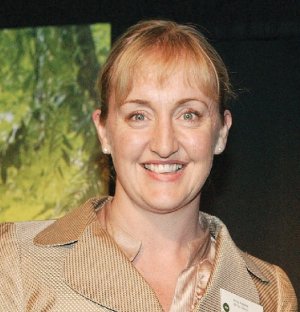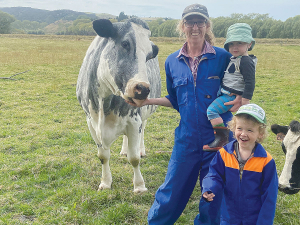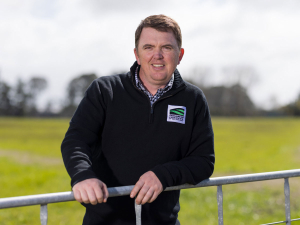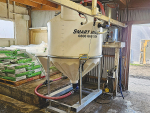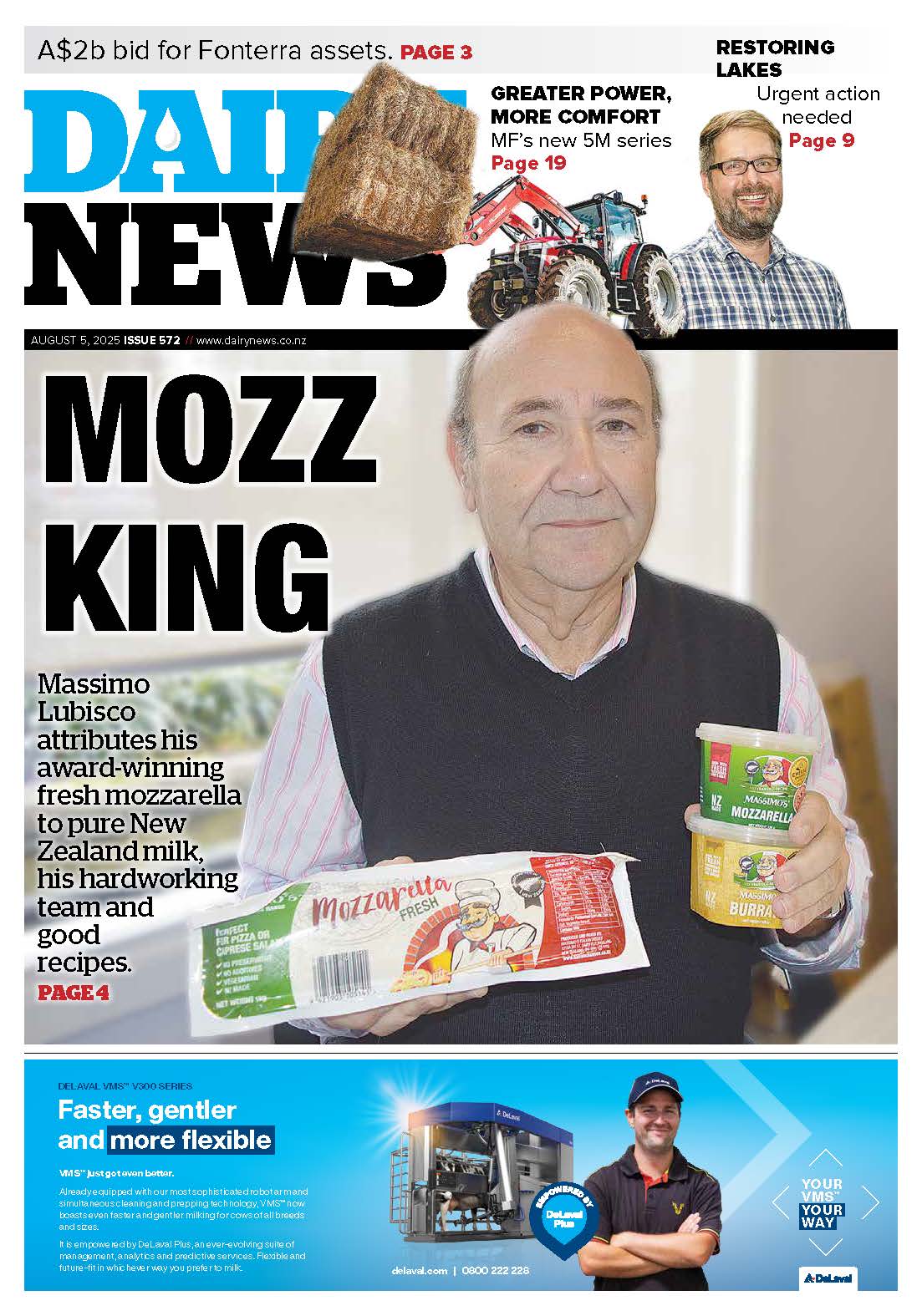Adams was appointed last week by Prime Minster John Key following the resignation of the former minister, Nick Smith.
She says she is focused on our need to use natural resources and take advantage of the fact New Zealand has a great wealth of fresh water.
“We shouldn’t be shy about making good use of that and taking advantage of it. Having said that, it’s not an open ticket do whatever we like without thought for the consequences,” she told Dairy News.
“But I also believe people shouldn’t be afraid of the debate about using more water and irrigating more land and getting more productivity from it.”
The 40-year-old lawyer and mother of two children farms in partnership with husband Don at Aylesbury, mid-Canterbury. They run a 242ha sheep and cropping operation.
Adams, originally from Auckland, graduated in law from Canterbury University. She was a partner in the law firm Mortlock McCormick before becoming an MP.
In the cabinet reshuffle she retains her communications and information technology portfolio but relinquishes internal affairs to Chris Tremain. Tim Groser will handle climate change issues.
Adams says she is excited to be dealing with some of the biggest and most important issues facing the country. Her immediate focus will be to see a bill on New Zealand’s Exclusive Economic Zone (EEZ ) pass through Parliament, and less immediately she will deal with a report from the Land and Water Forum, due shortly, and reforms of the Resource Management Act (RMA).
The RMA is topical for farmers and the wider community, she says. The RMA framework has commendable goals but frustrates people by the complexity and cost of getting a decision, notwithstanding the decision may be acceptable.
“We [need to] significantly decrease the time and cost of going through the process without taking away from the robustness and appropriateness of decisions. It’s easy to say ‘reform the RMA’, but it is hard to do. Some will see that as an invasion of their rights to be heard. It needs a fine balance.”
Being both a lawyer and farmer will give her an advantage, she says, though she concedes some people will see this as a negative. She hopes to give people the message farmers are the ‘original environmentalists’ who have looked after their land for centuries so future generations can farm.





